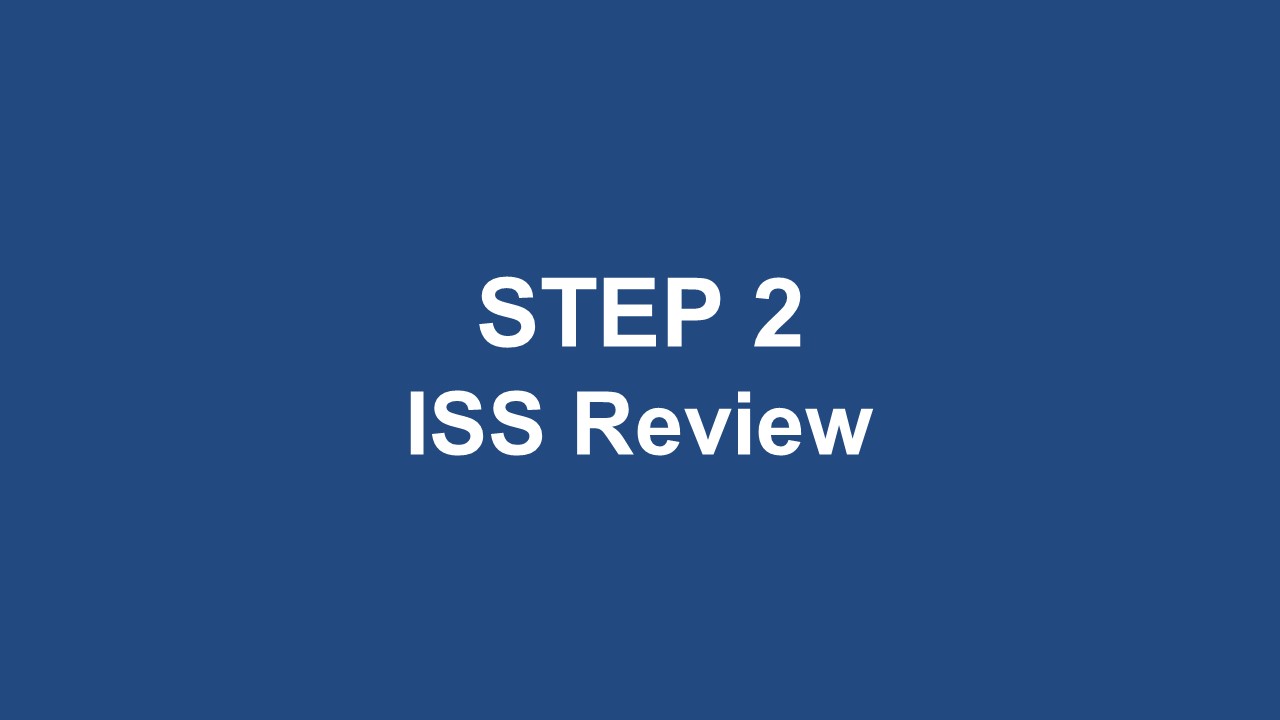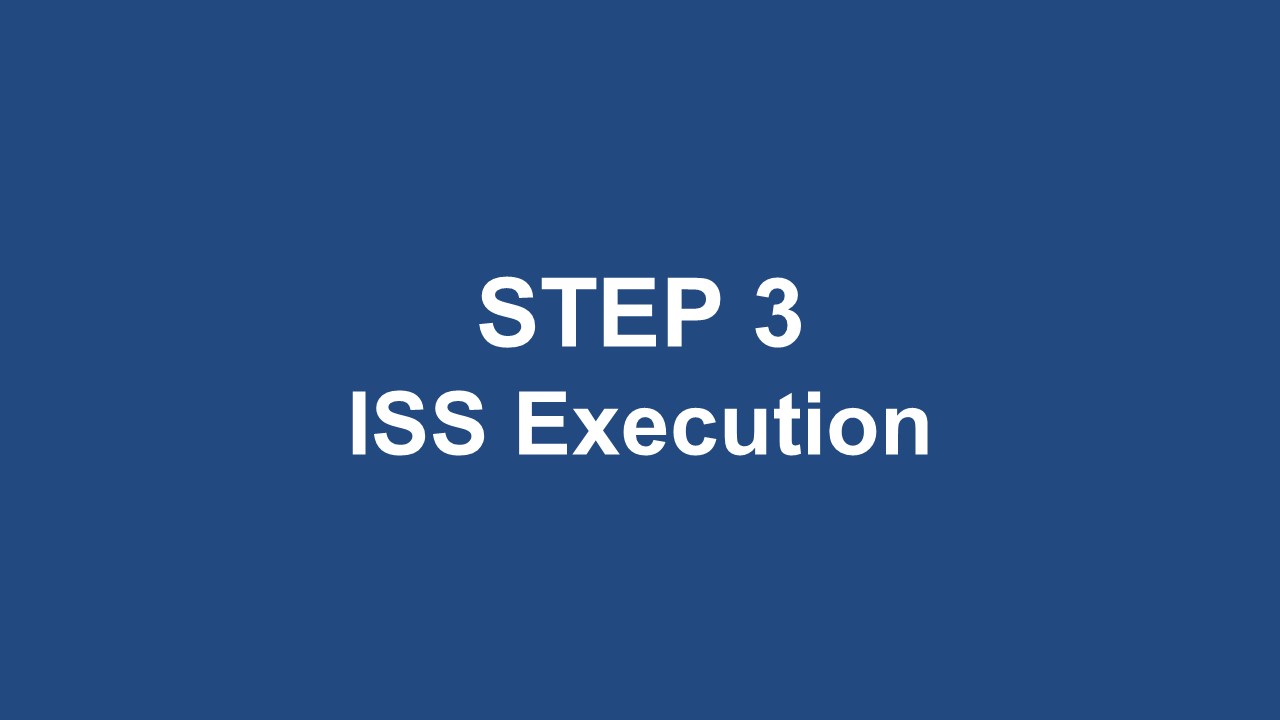HOW TO APPLY
You are invited to submit your research proposal (outline) via VisionTracker, Ipsen’s ISS website. VisionTracker is an interactive system supporting the overall ISS workflow from outline submission through project closure. You will provide all relevant information directly via this website during the entire ISS lifecycle.
To begin, you will need:
- Your CV (detailing your qualification, experience in research, training on ICH-GxP.)
- Outline or Synopsis Form: study title, objectives, hypothesis, study design, study population (inclusion & exclusion criteria) and sample size, study treatment (if any), endpoints and timelines
- Study Budget Estimate
If you have difficulty accessing VisionTracker, please email InvestigatorSponsoredStudies@ipsen.com for additional assistance.
REQUIREMENTS
Who can apply:
- Health Care Professionals
- Cooperative Groups
- Research Institutions
- Universities or Colleges
For Ipsen to support your study:
- You must have the appropriate scientific and operational capabilities and resources to conduct the study on agreed timelines
- You must conduct the study in compliance with laws, rules, regulations and ethical standards (e.g. Declaration of Helsinki, Good Pharmacovigilance Practices, ICH-Good Clinical Practices, Good Pharmaco Epidemiology Practices, Good Laboratory Practices)
- A mutually agreeable ISS Support Agreement must be executed prior to study initiation.
- You should provide contractual agreed-upon study status updates
- You should monitor and report safety data to the appropriate authorities, in a timely and accurate manner
- In addition to reporting safety data to all relevant authorities, you have the responsibility to report the safety information to Ipsen in accordance with the ISS Agreement
- You should complete a final study report and/or manuscript in all cases (study completed as per plan or study prematurely terminated)
Please note that compliance with the above criteria does not guarantee that Ipsen will grant any particular ISS request.

Step 1: ISS Submission
- You submit a new ISS request via VisionTracker
- Ipsen will perform a quality and completeness review
- Estimated Timeline: 4 weeks

Step 2: ISS Review
- You submit a detailed synopsis via VisionTracker
- Ipsen Medical Affairs Review Board (MARB) performs review and assessment
- Estimated Timeline: We will aim to communicate the outcome from the assessment the soonest possible. Assessment time estimated 3-4 months.

Step 3: ISS Execution
- ISS support agreement is signed by all parties
- You submit the final study protocol and the regulatory information via VisionTracker
- You start the study activities
- You provide regular Project Status Updates via VisionTracker
- You must report safety findings to Ipsen (DrugSafety.USA@Ipsen.com)
- You submit the Final Study Report and/or Manuscript via VisionTracker
- A final reconciliation is done via VisionTracker prior to the study close-out
Publishing your ISS
Researchers have an ethical duty to publish their clinical research. Publishing scientific research can benefit patients and society as a whole – as well as the wider research community.
Think about the optimum dissemination of study information and outcomes. You could consider the following publication types:
- Methodology publication (to raise interest in the study);
- Trial in progress congress presentation (to enhance recruitment);
- Results from the study baseline, primary results, and post hoc analyses.
Consider submitting abstracts to key conferences (which allow rapid dissemination) as well as manuscripts (which provide a comprehensive reference).
- Many congresses will allow you to submit an abstract that has been presented elsewhere (known as an “encore”), allowing you to share the research with different specialties and regional audiences;
- Consider both local and international audiences for your research.
Some useful tools that could help write your publication are the EQUATOR network, CONSORT statement and GPP3 guidelines.
Who should be an author? Guidance has been published by ICMJE and ISMPP.
Medical Writers can support more effective, timely and compliant publications. To help avoid the perception of bias, Ipsen is not able to recommend a medical writing agency; however, a personal recommendation (perhaps from a colleague, co-investigator) may be helpful for you. You may also consult international medical writing organizations (such as ISMPP, AMWA or EMWA) for recommended medical writers.
Planning is important – think ahead about what you want to publish, where and when. Consider abstract submission deadlines, as well as journal publication times.
Press releases from your institution or the journal and sharing information via social media can be used to increase awareness about your publication.
Identifying a suitable journal can be difficult – JANE and PubMed are two tools that can help. When choosing a journal to submit to, you should consider:
- Journal Audience: consider who needs to know about your data.
- Journal Objectives: these often provide an insight into their publication strategy and may guide selection of a suitable target journal.
- Journal Impact Factor: higher Impact Factor journals can often be more selective, which can make it more difficult to be accepted for publication in them than in a lower Impact Factor journal.
- Open Access: In the spirit of transparency, Ipsen has made a commitment to publish all company-sponsored articles open access, meaning that they can be freely accessed by doctors, patients, and the general public. Ipsen would encourage you to do the same for your publication.
As stated in the ISS agreement which you will sign with Ipsen, please note that since Ipsen is providing funding and/or support for your study, we require a courtesy review of your publication prior to submission. Please allow 2 weeks for review. When you have a draft that is ready for submission, please email your proposed abstract/poster/oral presentation/manuscript to: GMPC@ipsen.com.
There should be no Ipsen authors on your publication. Please note that study investigators also have a responsibility to post their study results on a Clinical Trials registry (clinicaltrials.gov, EudraCT, etc.).
Disclaimer
The above information is in line with all appropriate Ipsen Standard Operating Procedures (SOPs) and international best practice guidelines, and this information is provided freely to assist anyone considering submitting an application to Ipsen for support for an Investigator-Sponsored Study (ISS).
The decision of when, how, and where to publish the results of an ISS is left completely to the discretion of the investigators.